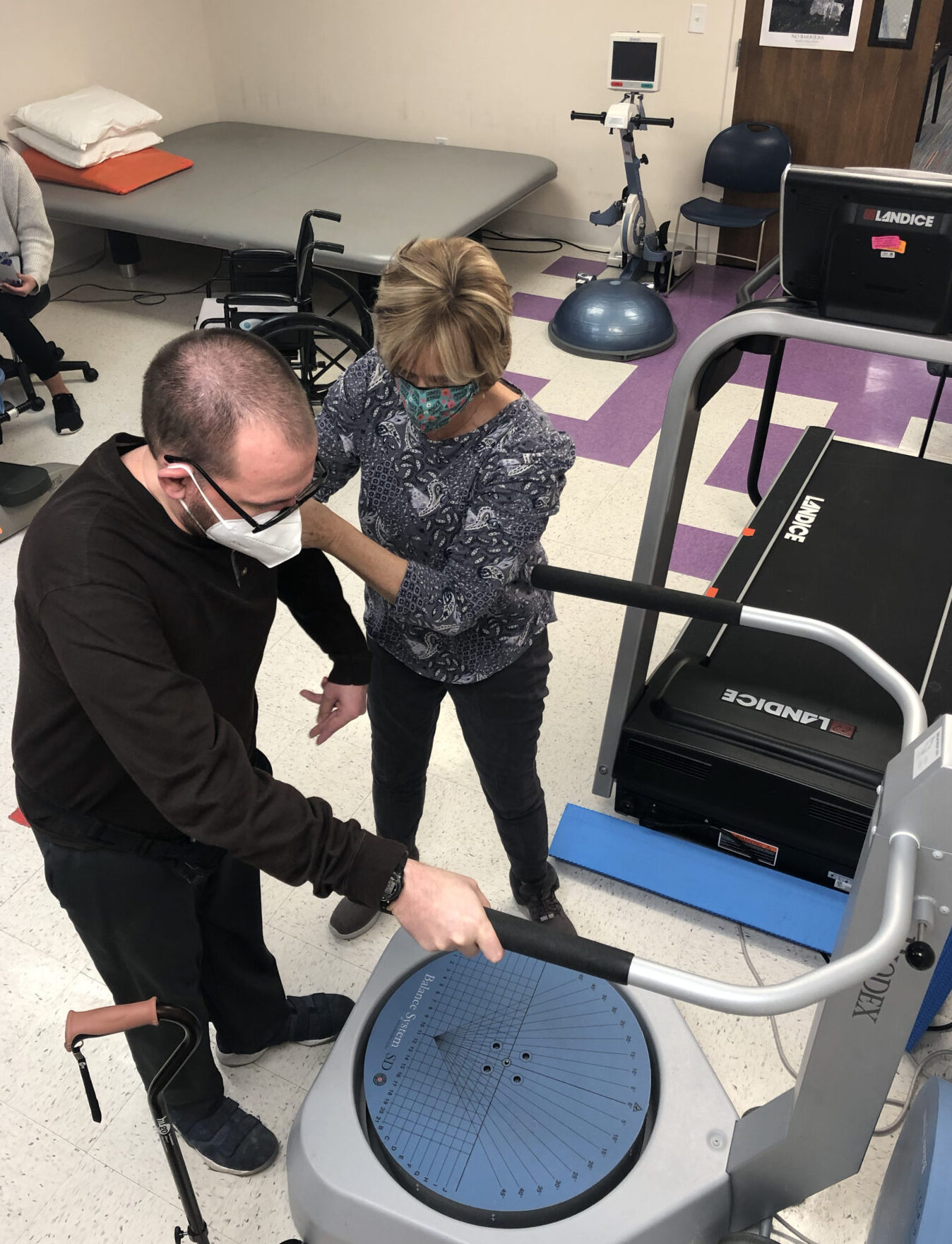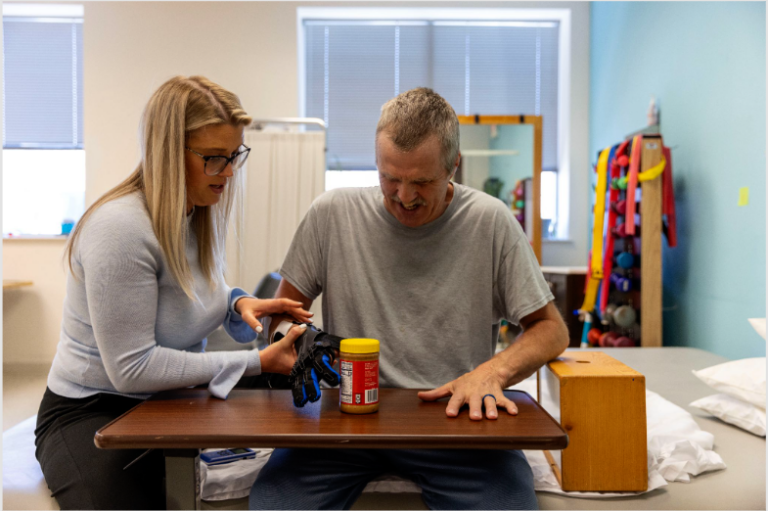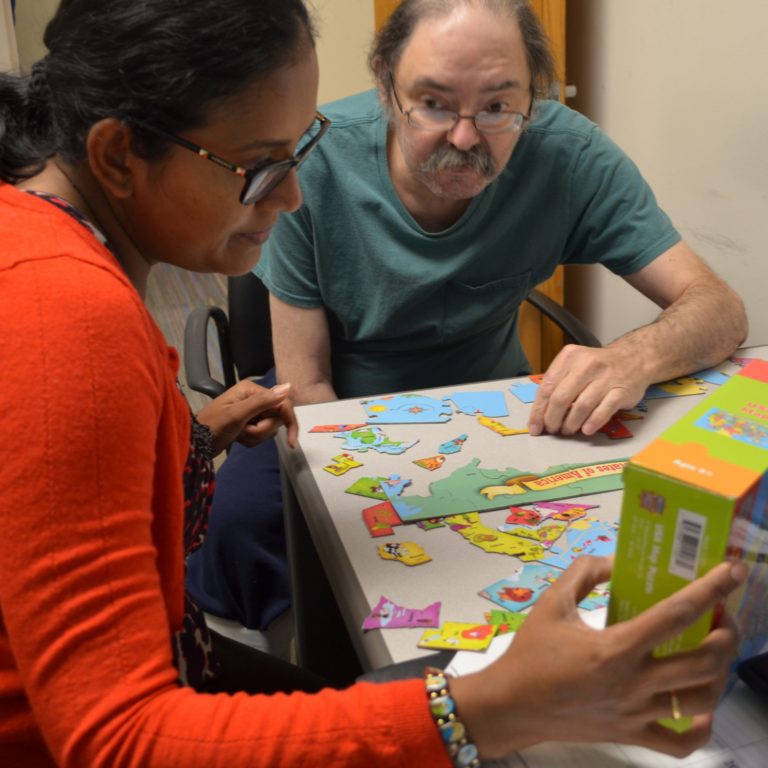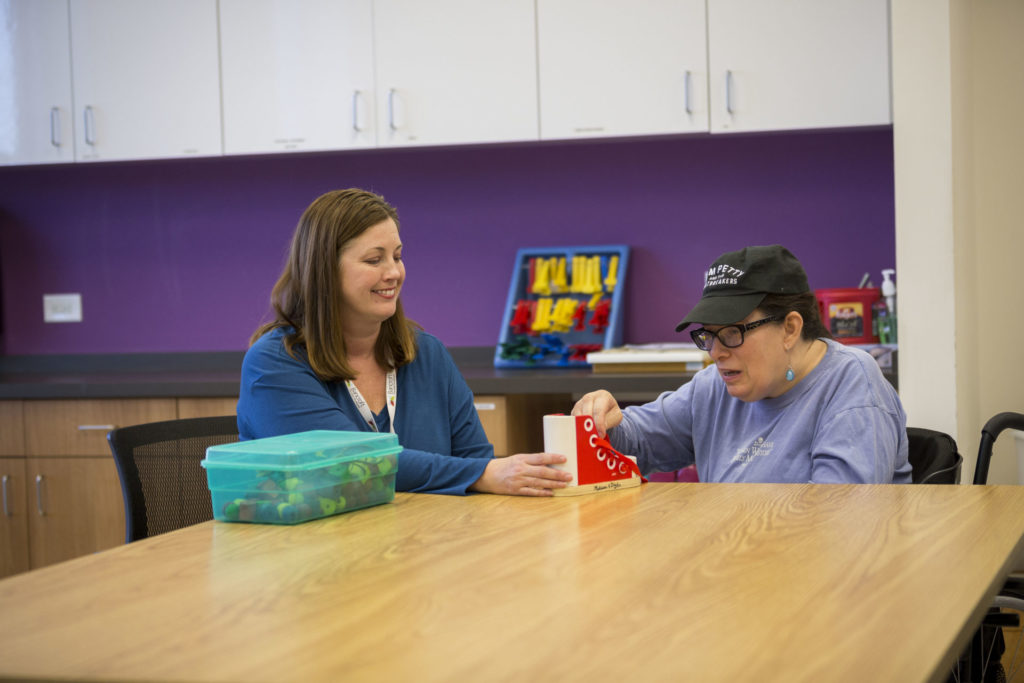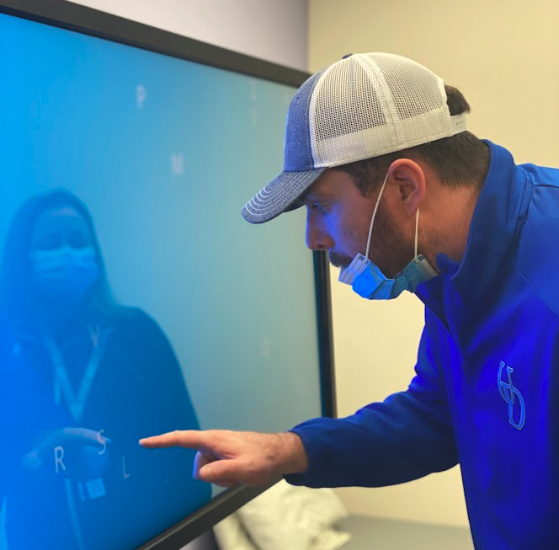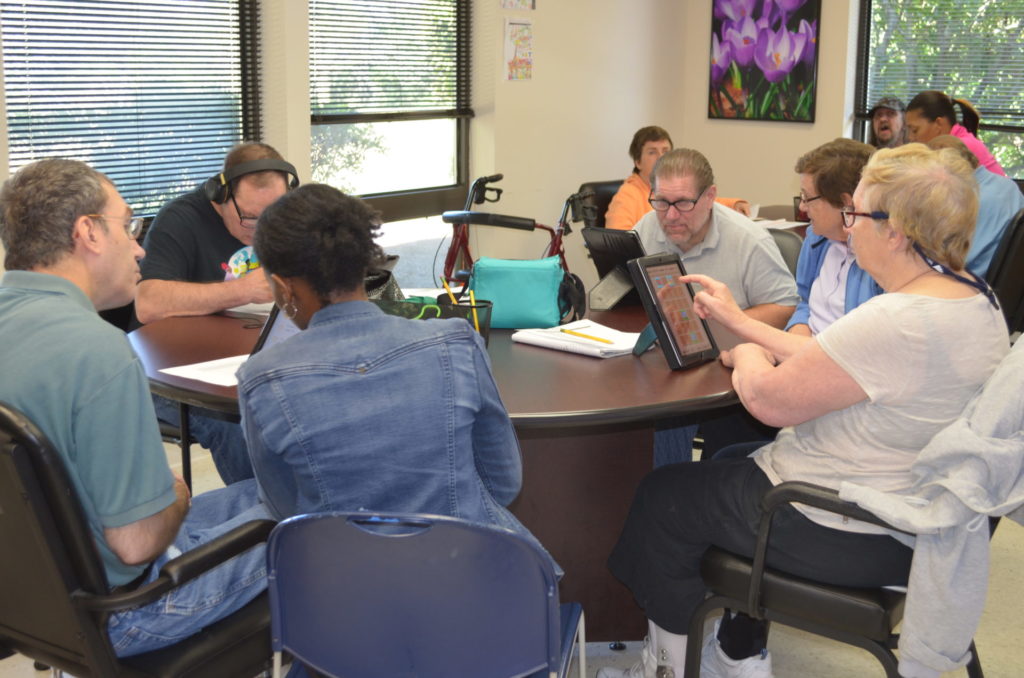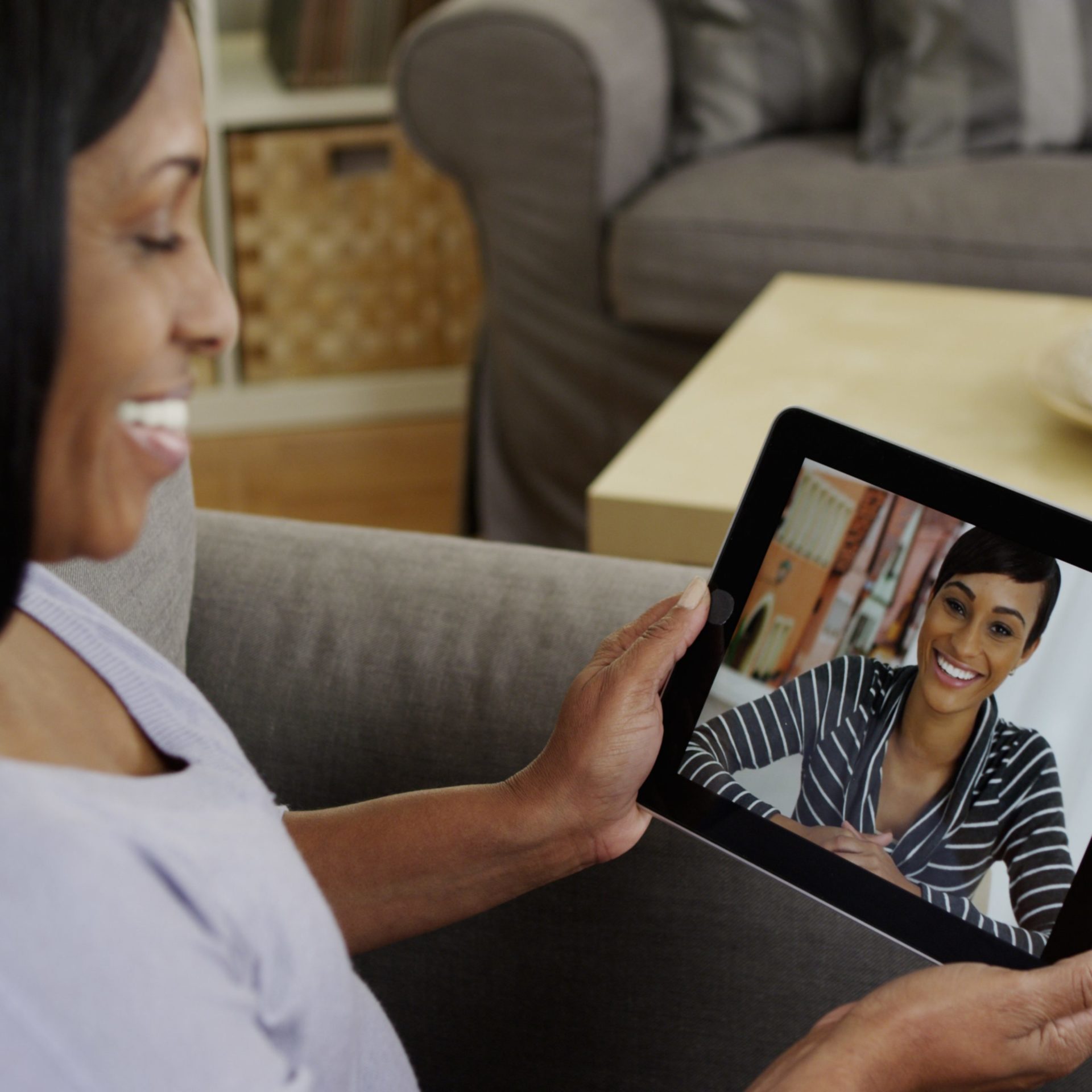

Managing Anxiety Through COVID-19
It can be difficult to manage the level of anxiety we might be feeling as news and information about the COVID-19 pandemic is a constant on television, radio and other media.
Not only is there so much of it to consume, but information changes daily, making it even harder to absorb the current guidance and come to terms with changes to daily schedules and life as we know it.
Here are some strategies you can use to cope with what you’re feeling.
|
1. Avoid information overload, which only fuels anxiety. Turn off the television or radio and log off your computer. Stay informed, yes; but focus on activities you enjoy, whether it be coloring, knitting, playing a video game, immersing yourself in a book, or listening to your favorite podcast.
2. Focus on what you can control. Don’t fixate on the “what-ifs.” Instead, continue to take the precautionary measures emphasized throughout the crisis. Practice social distancing as much as possible. If you are working – stay home if you start to feel sick. Wash your hands often, and for at least 20 seconds, or use hand sanitizer if soap and water are not available. Continue to eat well and stay active.
3. Enjoy the fresh air. Spend a bit of time alone outside in the backyard. As spring approaches, you can watch the trees return to green and buds begin to appear on branches. Greet the birds as they return north after wintering down south. Maybe incorporate meditation or deep breathing here.
4. Stay physically active. Take a brisk walk or jog alone outside. YouTube is a great resource for free fitness classes online, including several classes focused on individuals with mobility issues. You don’t have to be a runner, lift weights, or go to the gym to stay active!
5. Get some sleep. Aim for 6 to 8 hours of quality sleep. Set a digital curfew for yourself, and turn your phone and TV off at least an hour before turning in.
|
6. Stay connected – virtually.
“Social distancing” doesn’t have to mean total isolation. Instead, use this as a time to reconnect with your social circles in new ways, like Skype, FaceTime, Google Hangouts, or another video-conferencing tool. Is it someone’s birthday? FaceTime to sing Happy Birthday. Just want to say hi. You can do that, too. We’re all in this together – so be together in the ways that are still possible.
7. Make self-care a priority. Take a deep breath. Take a few deep breaths. Hold it at the top, then let it out slowly, counting to 10. Close your eyes while deep breathing and smile. Plenty of relaxation programs can be found online, including deep breathing and meditation exercises. Going for a walk can also help you relax. Sleep is self-care, too.
8. Let someone know if you’re feeling anxious. Talking about your feelings will help you understand them, and a professional can help you with coping skills to navigate these times.
Individuals with autism, intellectual and developmental disabilities, and brain injuries can be especially sensitive to anxiety. If you are caring for someone who fits one of these categories, modeling a sense of calm will help. Teach them about the virus in terms that are age-appropriate and easy to understand..
This is a challenging time for all of us, and it requires us to be flexible and supportive of one another. Anxiety can trick you into believing things will never get better, and that’s just not true. We will get through it – YOU will get through it.
Remember there is a light at the end of the tunnel – even if we can’t quite see the light yet.
Related Articles


Never Giving Up: How Stephen Reclaimed His Independence After a Traumatic Brain Injury
Never Giving Up: How Stephen Reclaimed His Independence After a


Exploring Creativity in Rehabilitation: Bancroft NeuroRehab’s Mosaic Project
Exploring Creativity in Rehabilitation: Bancroft NeuroRehab’s Mosaic Project Occupational therapy


Recognizing and Treating the Psychological Effects of Stroke
Recognizing and Treating the Psychological Effects of Stroke Post-Stroke Rehabilitation



